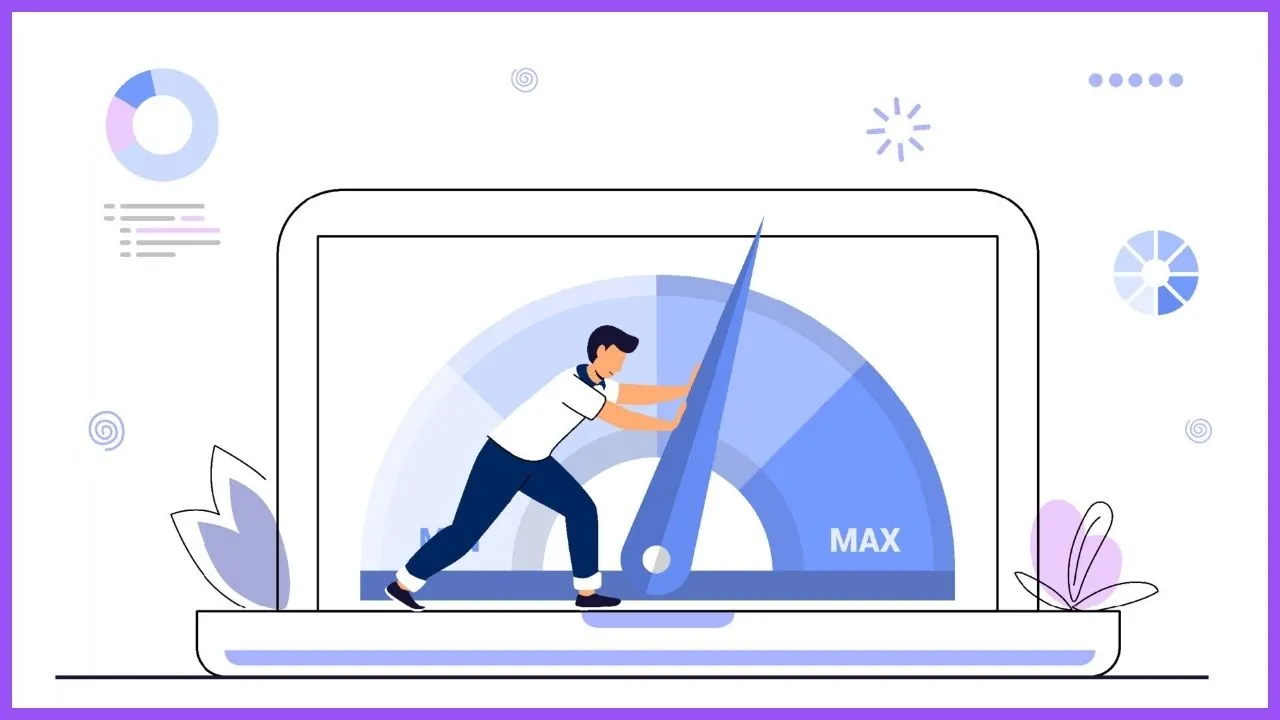
Table of Contents
Page speed is a critical aspect of website performance that significantly influences user experience and search engine rankings. In this article, we will explore the importance of page speed for SEO, explore whether page speed is a ranking factor, and provide tips on how to improve your website's load times.
The Importance of Page Speed for SEO
Page speed refers to the time it takes for a webpage to fully load its content. It is crucial for several reasons:
1. User Experience: A fast-loading website provides a better user experience. Visitors are more likely to stay longer, engage with content, and convert into customers if the site loads quickly. Slow-loading pages, on the other hand, can frustrate users and lead to higher bounce rates.
2. Conversion Rates: Studies have shown that faster page speeds lead to higher conversion rates. Users expect webpages to load within a few seconds; any delay can result in lost sales and reduced customer satisfaction.
3. Mobile Users: With the increasing number of users accessing websites from mobile devices, page speed becomes even more critical. Mobile users often have slower internet connections, making it essential for websites to load quickly to retain visitors.
Is Page Speed a Ranking Factor?
Yes, page speed is a confirmed ranking factor for search engines like Google. Google aims to provide the best possible user experience, and fast-loading websites contribute to this goal. Here's how page speed affects SEO:
1. Core Web Vitals: Google's Core Web Vitals are a set of metrics that assess the user experience of a webpage, including page speed. These metrics include Largest Contentful Paint (LCP), First Input Delay (FID), and Cumulative Layout Shift (CLS). Websites that meet the thresholds for these metrics are more likely to rank higher in search results.
2. Mobile-First Indexing: Google uses mobile-first indexing, meaning it primarily uses the mobile version of a site for indexing and ranking. Since mobile users are more sensitive to load times, page speed on mobile devices is crucial for SEO.
3. Bounce Rates: High bounce rates negatively impact SEO. If users leave a site quickly due to slow loading times, search engines may interpret this as a sign of poor user experience and lower the site's rankings.
How to Improve Page Speed
Improving page speed involves several techniques and optimizations. Here are some effective strategies:
1. Optimize Images: Large images can significantly slow down a webpage. Compress images, use appropriate formats, and implement responsive images to ensure they load quickly.
2. Minimize HTTP Requests: Reduce the number of elements on a page, such as scripts, images, and CSS files, to decrease the number of HTTP requests. This can speed up load times.
3. Use a Content Delivery Network (CDN): A CDN distributes your site's content across multiple servers worldwide, ensuring that users can access it from a server closest to them. This reduces latency and improves load times.
4. Enable Browser Caching: Browser caching allows frequently accessed resources to be stored locally on a user's device. This reduces the need to reload these resources each time a user visits your site, speeding up page load times.
5. Minify CSS, JavaScript, and HTML: Minification removes unnecessary characters from code, such as whitespace and comments, reducing file sizes and speeding up load times.
6. Implement Accelerated Mobile Pages (AMP): AMP is an open-source framework that creates fast-loading mobile pages. Implementing AMP can improve mobile page speed and enhance user experience.
Accelerate Your Website’s Performance Today!
Is your website lagging behind in speed? Boost your site's performance with Softhat IT Solutions. Our expert team can help you optimize page speed and enhance user experience. Contact us today to learn more about our web optimization services.
